With
one in three Americans admitting to not getting enough sleep, it’s little wonder that many of us are fixated on the concept of falling asleep fast. While falling asleep as quickly as possible means maximizing the amount of shut-eye we get, experts have warned against getting hung up on specifically how long it takes you to nod off.
Sleep onset latency (SOL), which is a term used to describe how long it takes to fall asleep, is typically between 10 and 20 minutes for most healthy adults. However, the time it takes to fall asleep differs from person to person and can be impacted by our age, medications and overall health.
While there are some relaxation methods that can assist you in falling asleep quicker, falling asleep too fast can be a sign of sleep deprivation or even an underlying sleep disorder (more on that below.) But if you're someone who takes in the region of 20 minutes to fall asleep and are worried that it's too long, don't be — here's why.
How long it should take to fall asleep
Falling asleep within minutes — or even seconds — has been popularized by some corners of the internet, with some social media content producers offering up tips that promise to help you fall asleep fast. However, Dr. Sujay Kansagra, a double-board certified pediatric neurologist and doctor of sleep medicine at Duke University Medical Centre, maintains that this isn't realistic, nor something we should strive for.
"Has anyone bothered to tell you how long it should actually take you to fall asleep?" lamented Dr. Kansagra during an Instagram post. "That time is known as sleep latency in the medicine world, the time it takes to fall asleep.
“Typical sleep latency is between 10 and 20 minutes, but even that is a ball park,” explains Dr Kansagra. “It doesn’t necessarily mean you have a problem if you’re outside that range.”
Why falling asleep too fast isn't a good thing
In our collective quest to get more sleep, falling asleep ultra fast has become a common (and, for some, unrealistic) goal. However, if you're someone who prides themselves on falling asleep as soon as your head hits the pillow, it could be a sign that you're not getting enough sleep.
“Interestingly if you’re [falling sleep] too quickly, it’s a sign of sleep deprivation or perhaps an underlying sleep disorder," explains Dr. Kansagra. While falling asleep within 10 to 20 minutes is common for most healthy adults, falling asleep in under five minutes is considered very fast. If that's you, consider shifting your bedtime earlier to ensure you're getting enough shut eye.

What it means if it takes too long to fall asleep
On the flip side of the coin, you might find that you're staring at the ceiling long after you've turned the lights out. While it can feel frustrating, it's important to recognize that taking in the region of 20 minutes to fall asleep is entirely healthy and normal.
However, if the time it takes you to fall asleep significantly exceeds 20 minutes and you wake feeling unrested and groggy in the morning, it could be a sign of an underlying sleep disorder. "If it’s taking too long and you’re getting frustrated and you’re getting sleep deprived, it could be a sign of insomnia," explains Dr. Kansagra.
If that's you, try shifting your bedtime back slightly to see if going to bed later helps you shave down the time it takes to fall asleep. For more help on falling asleep faster, see our tips below.
How to fall asleep faster — top 3 tips
While striving to fall asleep within five minutes isn't realistic (and if it is, it's likely that you're sleep deprived), there are several methods you can employ to speed up the time it takes to fall asleep.
1. Set a consistent sleep schedule
A consistent sleep schedule helps set your circadian rhythm, which is your body's internal clock. Going to bed and waking at roughly the same time helps your brain and body wind down for sleep, which makes it easier to fall asleep faster. A consistent sleep schedule will also help you feel alert when you wake up.
2. Limit screen time before bed
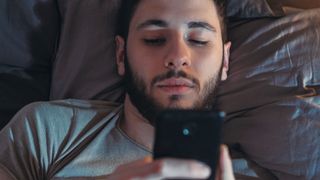
The blue light from our phones, laptops and TV screens supress our body's natural production of melatonin, a hormone that helps prepare our body for sleep. This suppression of melatonin can leave us feeling alert as opposed to sleepy, which ultimately makes it difficult to fall asleep.
Instead of scrolling into the early hours, pick a relaxing pre-bed activity that doesn't produce a blue light, such as having a warm bath or reading a book.
3. Don't panic if it takes a while
Ultimately, the time it takes to fall asleep will differ slightly for us all — and that's OK. As long as you're falling asleep roughly within the window of 10-20 minutes, Dr. Kansagra urges us to stop making falling asleep fast the goal and instead prioritize getting adequate rest.
"Can we all actively take a breath and realise that it’s OK, let’s take the pressure off," says Dr. Kansagra. "Sometimes giving ourselves excessive amounts of pressure to fall asleep ends up working against us. So, relax. You’ve got time.”




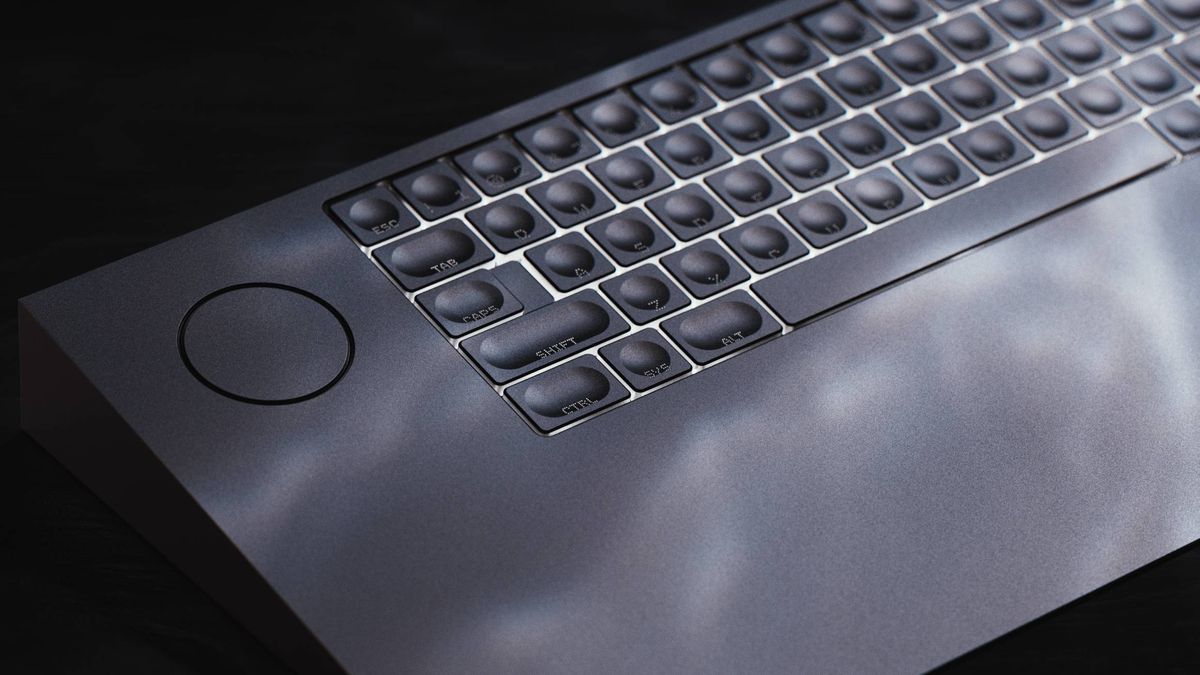

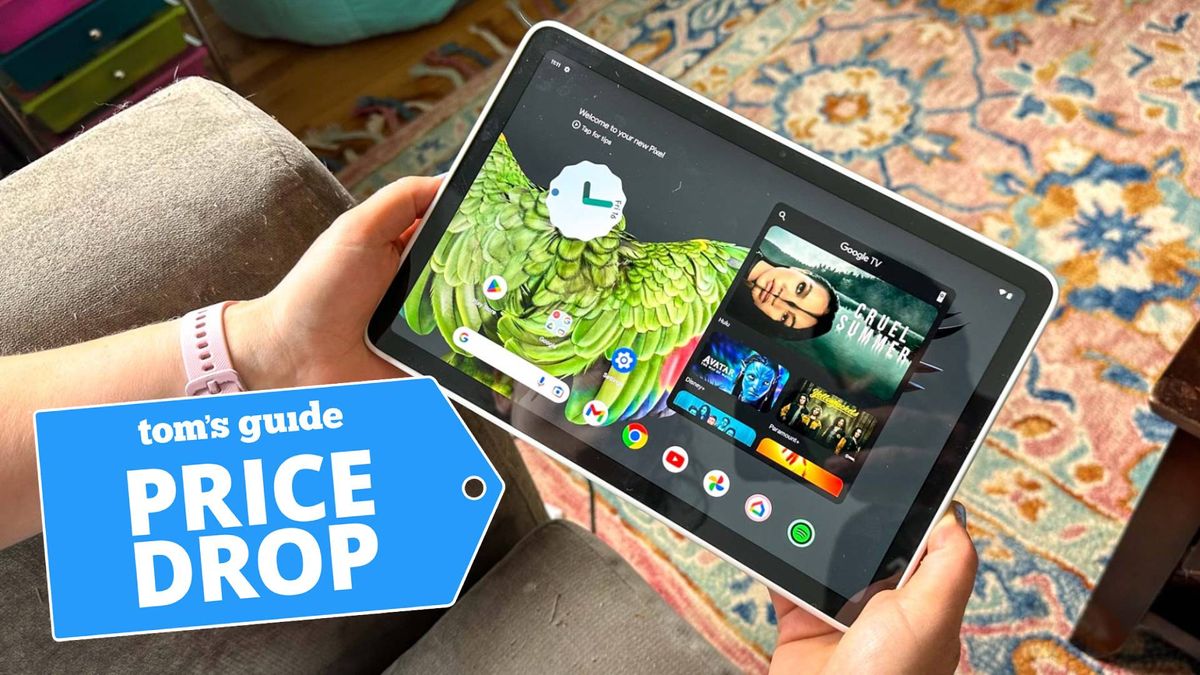
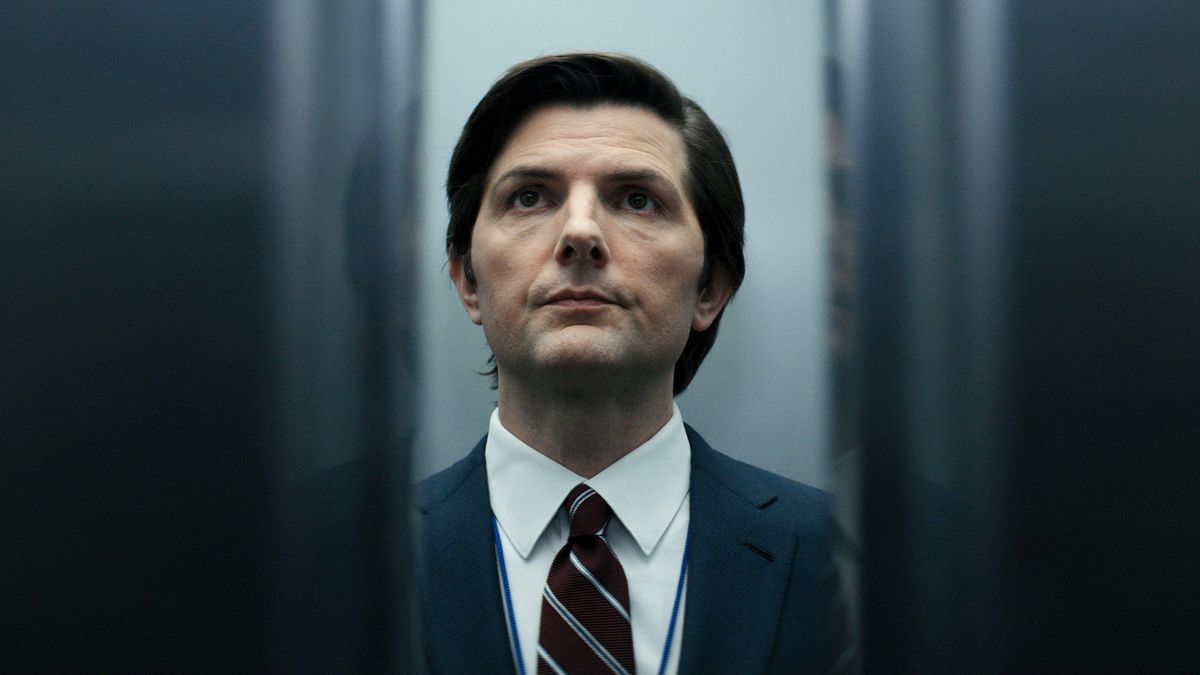

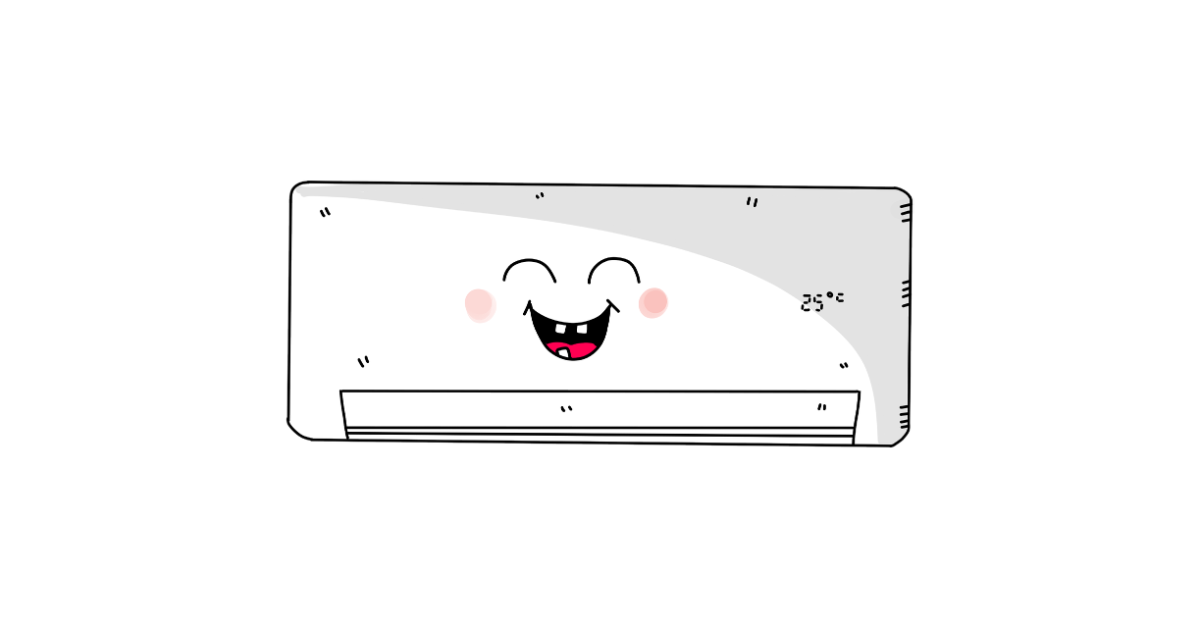











 English (US) ·
English (US) ·